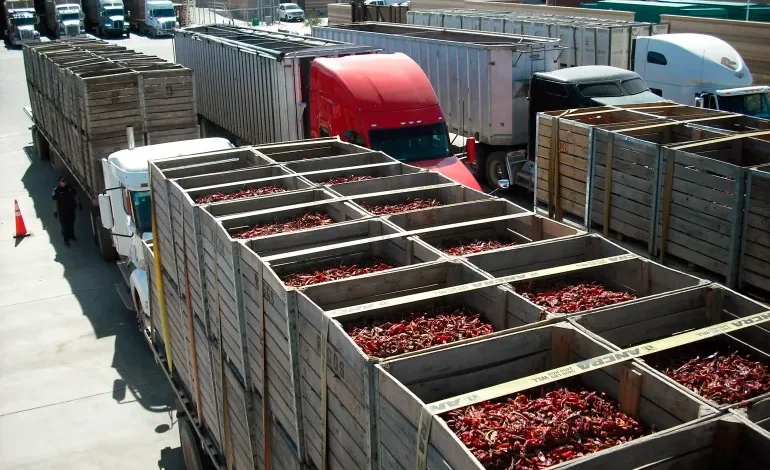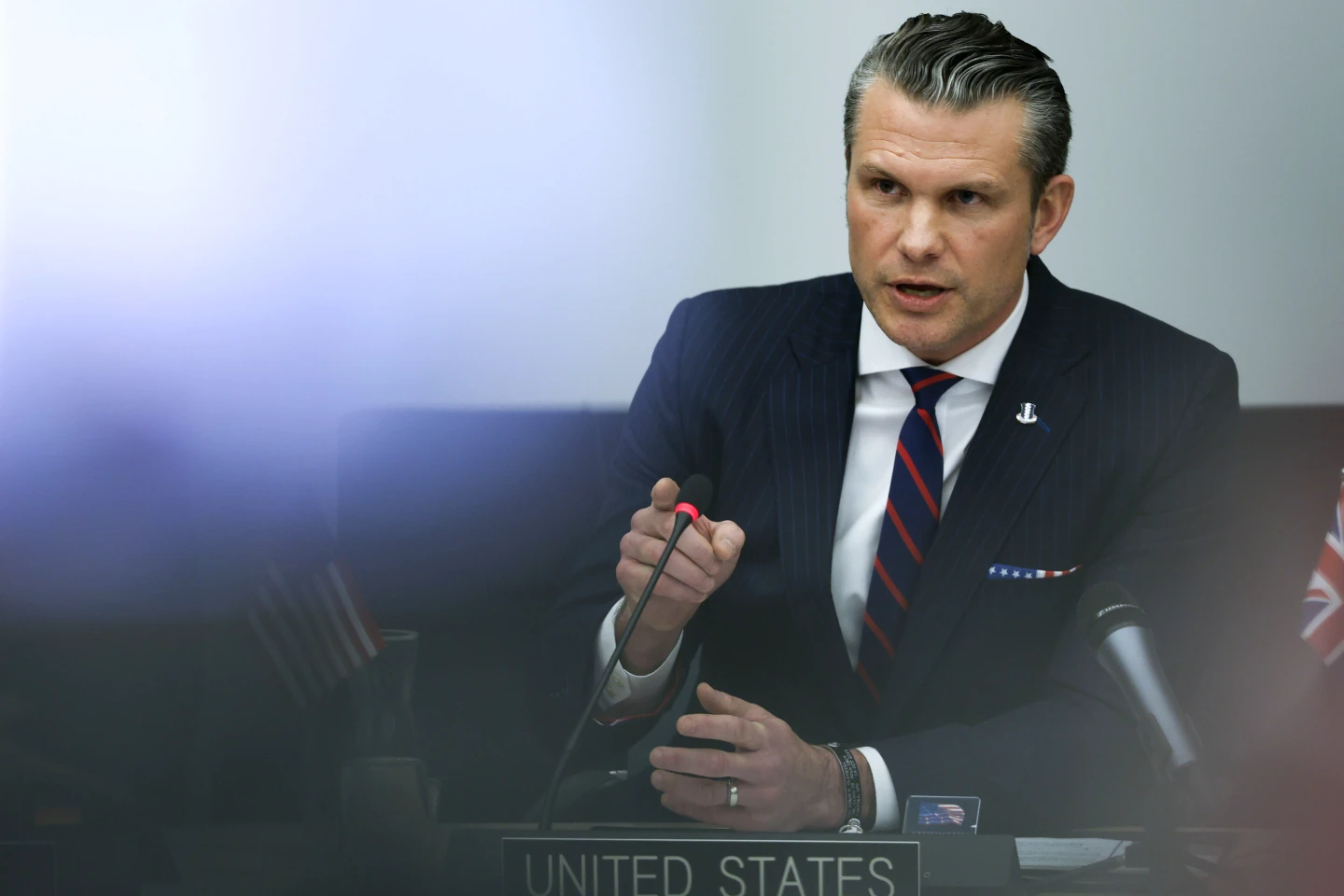US, Mexico, Canada Hit Pause on Tariffs, Temporarily Averting Trade War

The United States, Mexico, and Canada have agreed to a one-month pause on sweeping US tariffs threatened on exports from its North American neighbors, Al Jazeera reports.
The announcement, made via social media posts by the leaders of all three nations on Monday, comes just a day before the tariffs were slated to take effect, potentially averting a significant global trade war.
Mexican President Claudia Sheinbaum was the first to break the news, stating on X that a discussion with US President Donald Trump had resulted in Mexico deploying 10,000 National Guard troops to its northern border. The stated aim is to curb drug trafficking into the United States. Sheinbaum also revealed that the US, in return, would work to stem the flow of high-powered firearms into Mexico, a key factor in the country’s struggle with organized crime.
Trump confirmed the agreement in his own post, describing his conversation with Sheinbaum as “very friendly” and praising Mexico’s commitment to border security.
Following two separate calls with President Trump, Canadian Prime Minister Justin Trudeau also took to X, announcing a 30-day pause on the proposed tariffs while the three nations “work together.” Trudeau also announced several significant concessions aimed at addressing US concerns, including the appointment of a “fentanyl czar,” the formal designation of Mexican cartels as terrorist groups, and the launch of a “Canada-US Joint Strike Force” dedicated to combating organized crime, fentanyl trafficking, and money laundering.
The postponement of the tariffs offers a temporary reprieve from what economists feared would be a damaging trade war. During his 2024 re-election campaign, Trump repeatedly vowed to raise tariffs on international goods coming into the US to bolster domestic industries. Following his victory, he proposed a 25% tariff on imports from Mexico and Canada, two of the US’s largest trading partners, arguing the measure was necessary to combat undocumented migration and drug smuggling.
However, experts warned that these tariffs could ultimately harm consumers in the US and around the world by increasing prices and disrupting supply chains.
While Monday’s announcement provides a temporary respite, the underlying threat of tariffs remains. For weeks, the possibility of import taxes has led to intense negotiations and a high-stakes game of brinkmanship between the three countries.
Mexico had previously stated its readiness to impose retaliatory tariffs, though without specifying details. Canada, however, had been far more explicit. Prime Minister Trudeau had indicated that Canada would impose 25% retaliatory tariffs on $105 billion worth of US imports. His government had already released a list of 1,256 US items targeted for tariffs, including key exports from states with strong support for Trump, such as oranges from Florida, bourbon from Kentucky, and motorcycles from Pennsylvania.
The potential trade war threatened to severely disrupt the deeply intertwined economies of the three nations, with the automotive and agricultural sectors expected to be particularly hard hit.
Adding to the global trade tensions, Trump has also pledged a 10% increase on tariffs for goods from China, a measure set to take effect despite the ongoing negotiations with Mexico and Canada.
While acknowledging potential domestic backlash in a post on Truth Social, Trump has consistently framed tariffs as a vital tool for negotiation and a necessary means to revitalize US industries. In the lead-up to his second term, he campaigned on lowering the prices of basic consumer goods and boosting American production.
Looking ahead, Trump indicated that further negotiations with Mexico are planned, with US Secretary of State Marcio Rubio, Secretary of Treasury Scott Bessent, and Secretary of Commerce Howard Lutnick leading the discussions over the next month “as we attempt to achieve a ‘deal’ between our two countries.”







